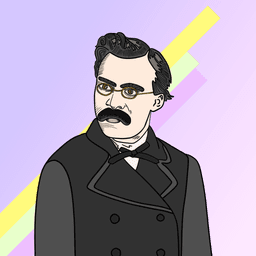Wissen vs. Kennen
Discover the nuances between "wissen" and "kennen" in German, and when to use each verb correctly.

Learning a new language can be challenging, especially when it comes to understanding the subtle differences between similar words. In German, two verbs that often cause confusion for learners are "wissen" and "kennen". Both words mean "to know", but they are used in different contexts. In this blog post, we'll explore the differences between these two verbs and give you examples to help you understand how to use them correctly.
Wissen
"Wissen" means "to know" in the sense of having knowledge or information about something. It is used to express familiarity with a fact or concept.
For example:
I know that Berlin is the capital of Germany.
Do you know where the nearest supermarket is?
I don't know the answer to that question.
He knows a lot about music.
Kennen
"Kennen" means "to know" in the sense of being familiar with a person, place, or thing. It is used to express acquaintance or recognition.
For example:
I've known Maria for five years.
Do you know the man over there?
I don't know her name.
They don't know each other very well.
Dialogue To further illustrate the differences between "wissen" and "kennen", let's look at a dialogue between two friends:
In this dialogue, Nadar uses "wissen" to express that he doesn't have knowledge of how to translate the text. Nietzche, on the other hand, uses "kennen" to express that she is familiar with Deutsch-Englisch Übersetzungen.
Conclusion In summary, "wissen" and "kennen" are two German verbs that both mean "to know", but are used




